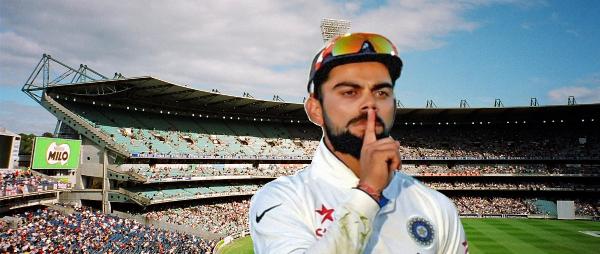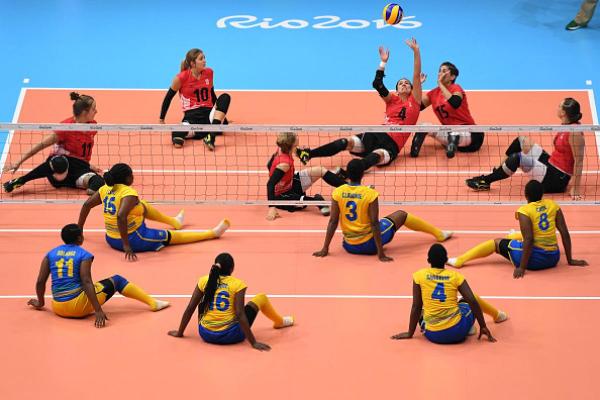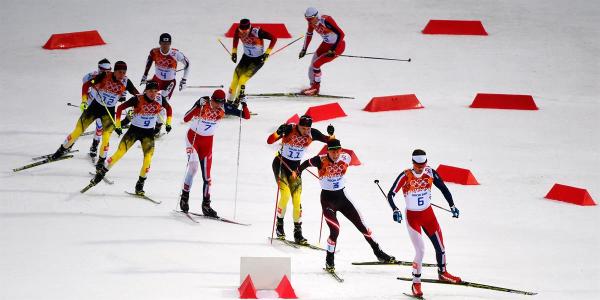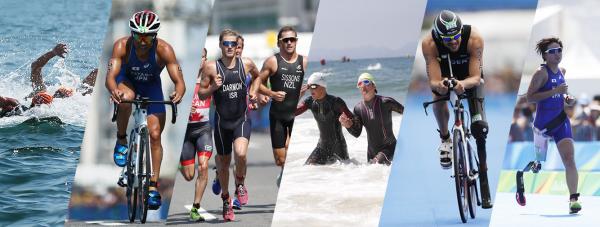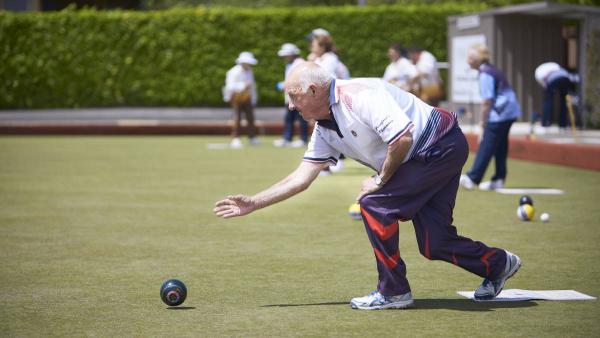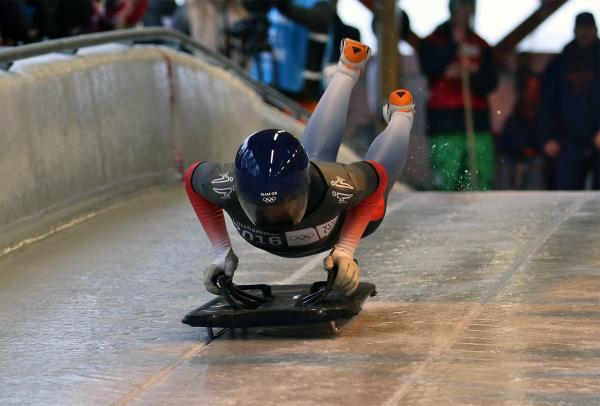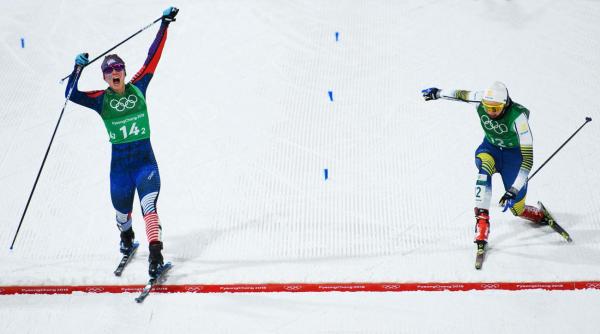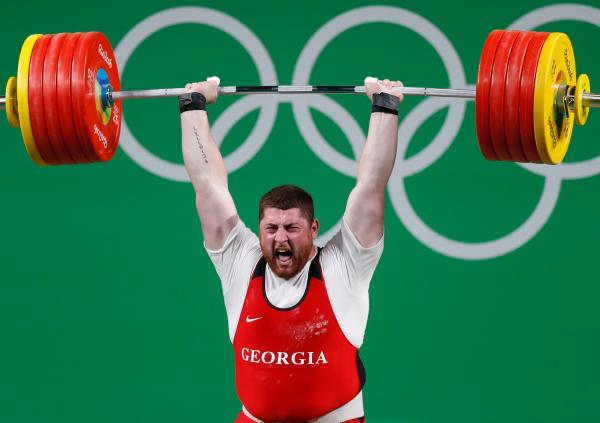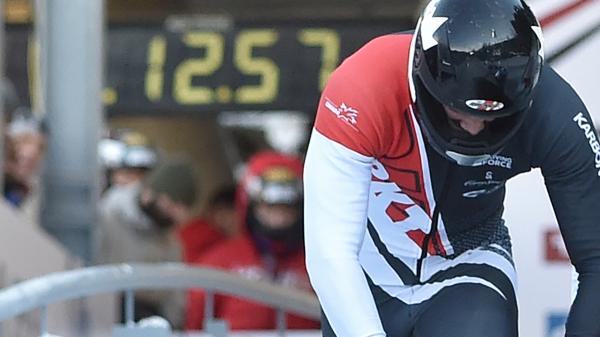Korfball
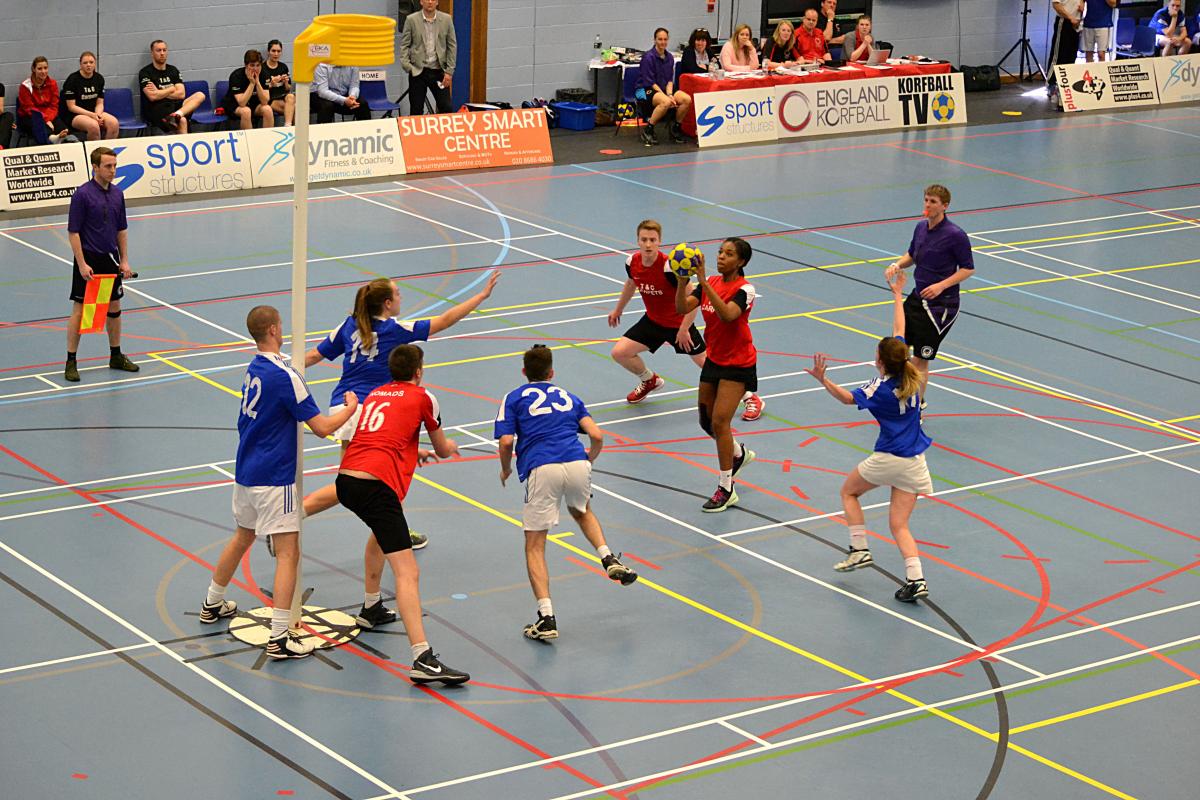
Korfball, game similar to netball and basketball, invented in 1901 by an Amsterdam schoolmaster, Nico Broekhuysen. It was first demonstrated in the Netherlands in 1902 and was played on an international level, primarily in Europe, by the 1970s. It was devised as a game for both sexes. A national association was formed in 1903, and the game spread to Belgium, Indonesia, Suriname, Germany, Spain, New Guinea, and England. The International Korfball Federation, which was established as Fédération Internationale de Korfball in 1933, increased its membership to more than 50 countries by the early 21st century. Korfball is played by two teams of eight (four men and four women). It is played indoors on a rectangular field 131 feet (40 metres) long and 66 feet (20 metres) wide and outdoors on a field that is 197 feet (60 metres) by 98 feet (30 metres). At either end of the field, a short distance inside the end line, is a goalpost supporting a cylindrical basket (“korf”) open at both ends, with the rim of the basket 11.5 feet (3.5 metres) above the ground. The object of the game is to throw a ball so that it passes through the korf from above, scoring one point. The korf is about 16 inches (41 cm) in diameter and 10 inches (25.4 cm) high, and the ball is about 13.6 inches (34.5 cm) in circumference and 15–17 ounces (425–475 grams) in weight. The field is marked into two zones—defense and attack—each occupied by two men and two women from both teams, their movement being restricted to their zone. An indoor game consists of two 30-minute halves, an outdoor game 35-minute halves. Play begins with a free pass from centre. Action consists almost entirely of passing the ball from hand to hand and from one zone to the next. Kicking, punching, handing off, and running with the ball are illegal. Although no body contact is permitted, guarding is close, with players guarding opponents of the same sex. A penalty shot at goal from a penalty mark 13 feet away is awarded to the victim of a major violation of rules.
